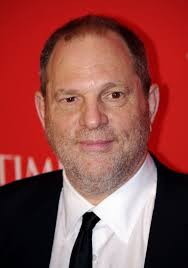 Movie mogul Harvey Weinstein’s decades-long pattern of offensive conduct has been widely reported. Both before and after the New York Times published its articles, his attorneys threatened to sue the Times for defamation. It’s hard to imagine how that is a credible threat.
Movie mogul Harvey Weinstein’s decades-long pattern of offensive conduct has been widely reported. Both before and after the New York Times published its articles, his attorneys threatened to sue the Times for defamation. It’s hard to imagine how that is a credible threat.
Mr. Weinstein admitted that some of his conduct has caused pain to his colleagues. His statement in the newspaper included this:
“I appreciate the way I’ve behaved with colleagues in the past has caused a lot of pain, and I sincerely apologize for it.”
Even after making that apology, he says the Times’ reports contained allegations that were false and harmed his reputation.
Certainly, it’s possible that some of the allegations may have been defamatory, even if other allegations in the Times’ articles were true. Legally, aside from some immunities and privileges and the high burden of proof that will protect the Times from a defamation judgment, Mr. Weinstein will have to defeat the last line of legal defense against defamation—the truth.
Weinstein would have to call the women who entered into confidential settlement agreements with him and who have spoken publicly now about their experiences to the witness stand.
You have to wonder: why would he do that?
The Marks Gray Media and Advertising Law team represent people and organizations accused of defamation, libel, and slander. If you have questions about these topics, I hope you will contact me.